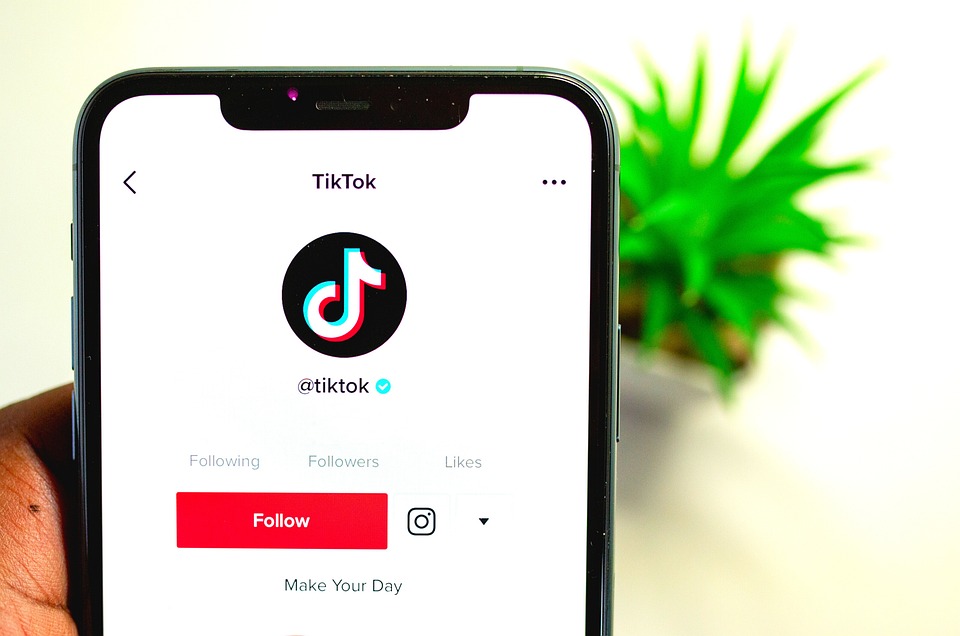Title: 5 Tips for Effective Local Social Media Marketing
Social media can be a powerful tool for businesses, especially those targeting a local market. Whether you are a small business owner or a marketer for a larger organization, developing an effective social media marketing strategy can help you reach more potential customers in your area. Here are five tips to help you create and execute an effective local social media marketing campaign.
1. Define Your Target Audience
The first step in any social media marketing campaign is to identify your target audience. Who are the people you want to reach? What are their interests, demographics, and behaviors? Knowing your audience will help you choose the right social media platforms to focus on and create content that resonates with them.
If you are targeting a local audience, it is important to consider factors such as geography, language, and culture. Are you targeting a specific neighborhood or city? Are you catering to a particular ethnic or linguistic community? These factors should shape your social media strategy and help you create content that appeals to your target audience.
2. Choose the Right Social Media Platforms
With so many social media platforms available, it can be tempting to sign up for them all. However, it is important to focus your efforts on the channels that are most relevant to your target audience. For example, if you are targeting a younger audience, platforms like Snapchat and TikTok may be more effective than Facebook or Twitter.
When choosing social media platforms, consider factors such as audience demographics, engagement levels, and advertising options. Some platforms, such as Facebook and Instagram, offer extensive advertising tools that can help you target specific audiences and track the success of your campaigns.
3. Create Engaging Content
Once you have identified your target audience and the social media platforms you want to focus on, it is time to start creating content. Your content should be engaging, informative, and shareable. It should also reflect the values and personality of your brand.
When developing content for social media, consider using a mix of formats such as text, images, videos, and infographics. You can also experiment with different types of content such as memes, polls, and user-generated content to keep your audience engaged.
4. Engage with Your Audience
Social media is a two-way conversation. In addition to posting content, it is important to engage with your audience by responding to comments and messages, sharing user-generated content, and actively participating in discussions.
Engaging with your audience not only helps build brand loyalty but also provides valuable insights into their preferences and behaviors. You can use this feedback to improve your social media strategy and create more effective campaigns in the future.
5. Measure Your Success
Finally, it is important to track the success of your social media marketing campaigns. This can be done through metrics such as engagement rates, click-through rates, and conversion rates.
Analyzing your social media metrics can help you identify what is resonating with your audience and what is not. It can also help you make data-driven decisions about where to allocate your resources in the future.
Conclusion:
Social media marketing can be a powerful tool for businesses targeting a local audience. By identifying your target audience, choosing the right social media platforms, creating engaging content, engaging with your audience, and measuring your success, you can create an effective social media strategy that helps you reach more potential customers and grow your business.
FAQs:
Q: How often should I post on social media for local marketing?
A: There is no one-size-fits-all answer to this question. The frequency of your posts should depend on your audience, industry, and social media platform. However, it is recommended to post at least once a day on most social media platforms.
Q: How can I track the success of my social media marketing campaigns?
A: Social media platforms offer various analytics tools that can help you track engagement, impressions, and other metrics. You can also use third-party tools such as Google Analytics and Hootsuite to track your social media metrics.
Q: What type of content should I create for local social media marketing?
A: Your content should be engaging, informative, and shareable. You can use a mix of formats such as text, images, videos, and infographics. It is also recommended to experiment with different types of content such as memes, polls, and user-generated content.
Q: How can I engage with my audience on social media?
A: You can engage with your audience by responding to comments and messages, sharing user-generated content, and actively participating in discussions. You can also run polls, contests, and other interactive campaigns to encourage engagement.
Q: What social media platforms should I focus on for local marketing?
A: The social media platforms you should focus on depend on your target audience and industry. However, platforms such as Facebook, Instagram, Twitter, and LinkedIn are generally effective for local marketing.






